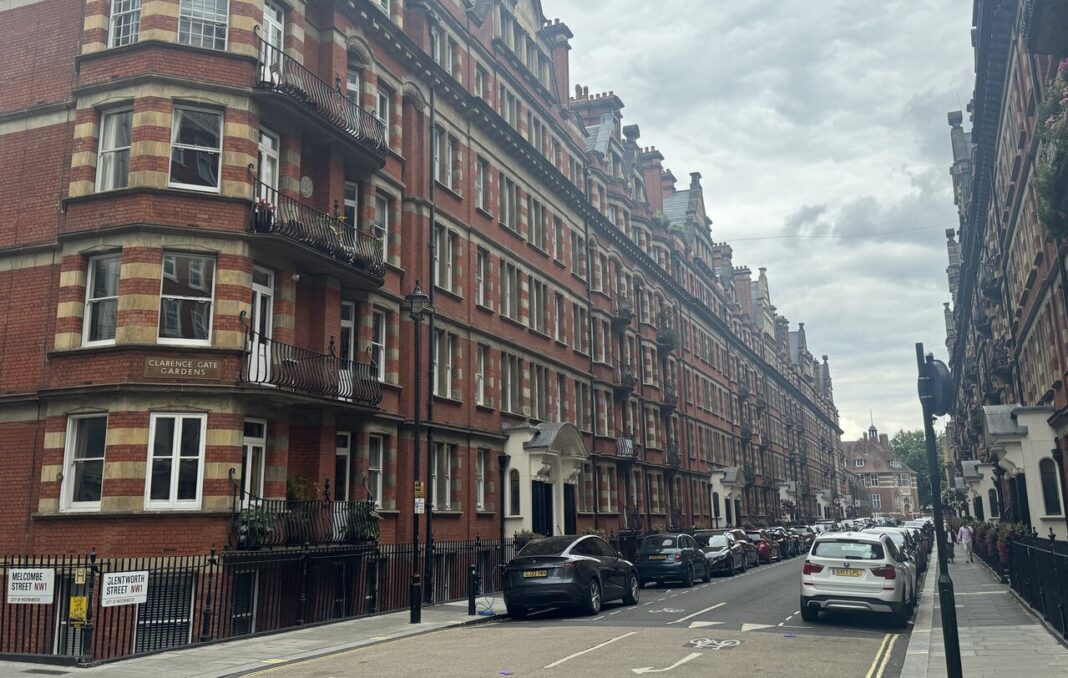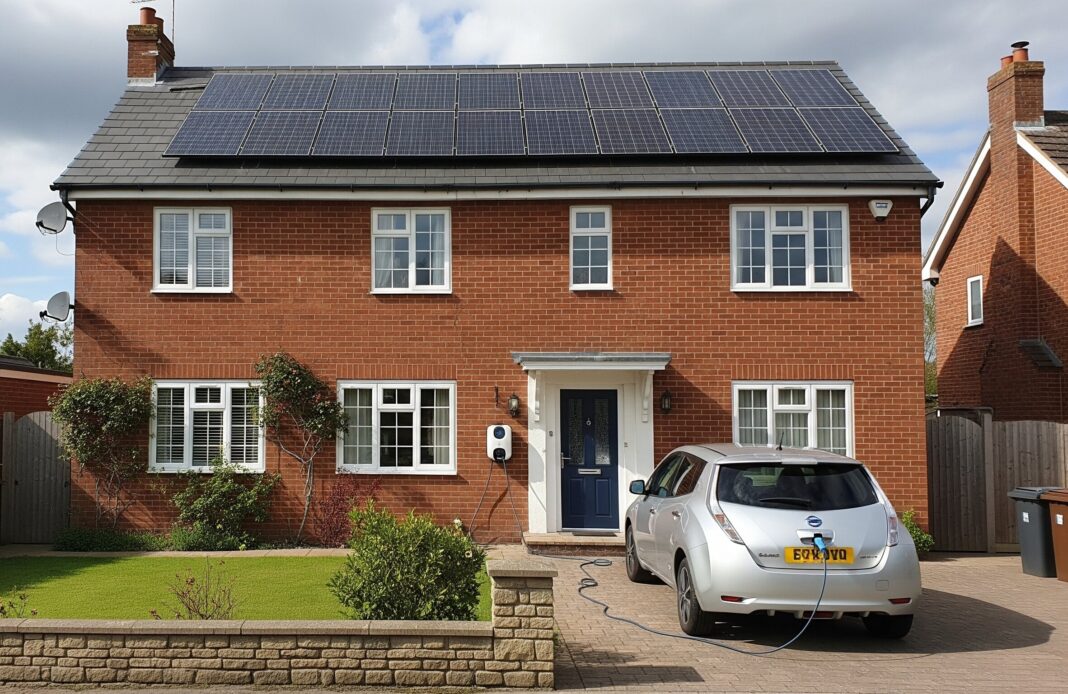Rachel Reeves is reported to be weighing up plans to levy capital gains tax (CGT) on the sale of high-value homes as she searches for ways to fill a £40 billion shortfall in the public finances.
According to The Times the Chancellor is examining options for the autumn budget that would end the long-standing exemption from CGT on primary residences.
The move would amount to a “mansion tax”, with higher-rate taxpayers paying 24% of gains and basic-rate taxpayers 18%.
Treasury officials are allegedly discussing a threshold above which the exemption would be removed.
SIGNIFICANT REVENUE
A level of £1.5 million would affect around 120,000 higher-rate taxpayers, each facing average CGT bills of nearly £200,000. Officials believe the measure could raise significant revenue, though property experts warn it risks distorting the market.
Analysts say many wealthier homeowners may simply delay selling, limiting receipts and slowing activity.
Pensioners seeking to downsize could also be disproportionately affected.

Aneisha Beveridge, head of research at Hamptons, said: “It’s a big change that would hit long-term owners hardest and create a cliff-edge at £1.5 million, distorting behaviour around that point.
“For households who don’t need to move, this could act as a strong disincentive to sell.”
PROPERTY TAX
As reported earlier this week the Treasury is also exploring a new tax on expensive property sales, though officials have since told The Telegraph that the threshold would have to be well above £500,000 to avoid disrupting the broader market.
Reeves has ruled out raising income tax, national insurance or VAT, leaving property taxation as one of the few levers available.
She has signalled that “fairness” will underpin her budget, pointing to widespread criticism of council tax, which is still based on 1991 property valuations.
No decisions have been taken.
SELF-DEFEATING

Tom Bill, head of UK residential research at Knight Frank, said: “One key question is when any gains would be calculated from.
“Based on the last decade, I’d be surprised if there was anything to tax at the top end of the property market given that prices in prime central London are down 20% over that time.
“A tax that reduced demand further would therefore also affect the prospect of future gains and could be self-defeating.”
DIVIDED MARKET
And he added: “If CGT applied from when the property was last bought, it would divide sellers into two groups – those sitting on a gain and those who are not.
“Anyone with a taxable gain would think twice before selling, which would reduce transaction numbers. T
“he government seems to want a predictable flow of revenue that is skewed towards the wealthiest homeowners.
“That would be best achieved by re-banding council tax rather than introducing transaction taxes that change behaviour in the most discretionary part of the property market to the point they fail to raise what is intended.”
DOUBLE WHAMMY FOR LONDON

Colleen Babcock, Rightmove’s Property Expert, adds: “In essence this would predominantly be a tax on the most expensive areas of London and the South East.
“The London market is already feeling the effects of taxation more acutely than other parts of England, and this is likely to deter some moves at the upper end.
“While our data shows that only a small proportion of homes for sale are in this price bracket, alongside the proposed stamp duty changes, it could be a double whammy for the capital.”









